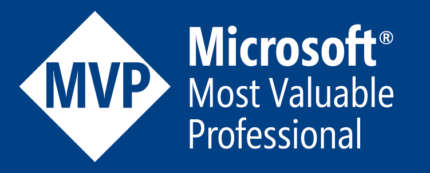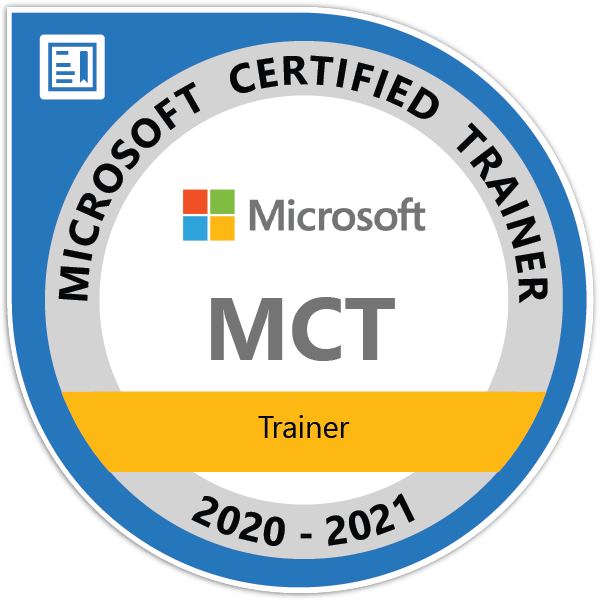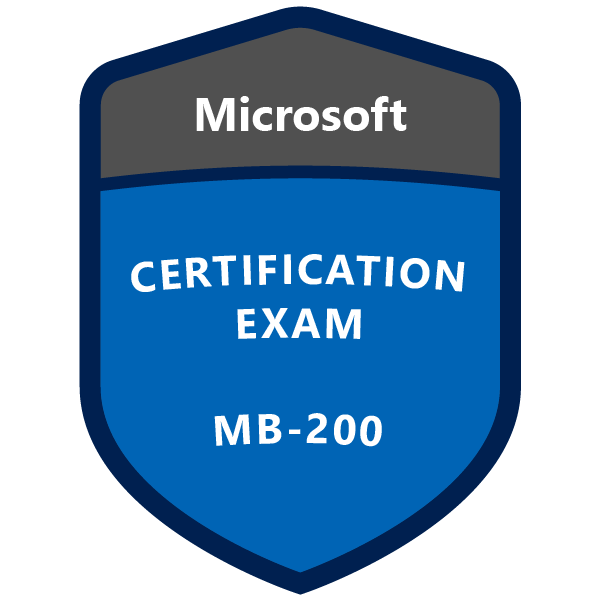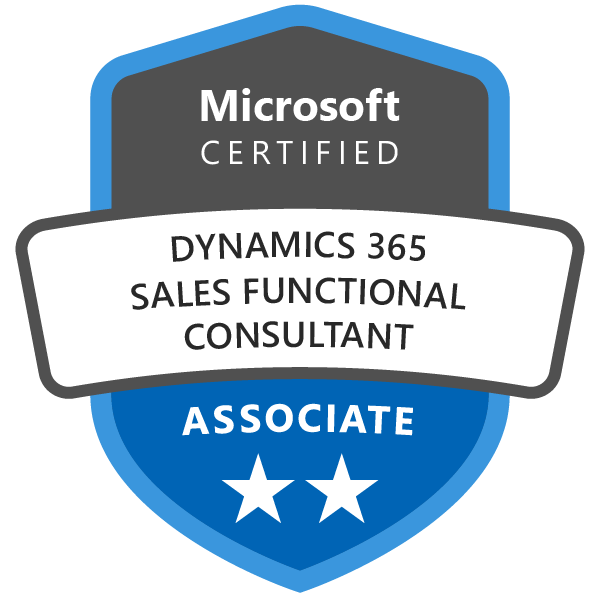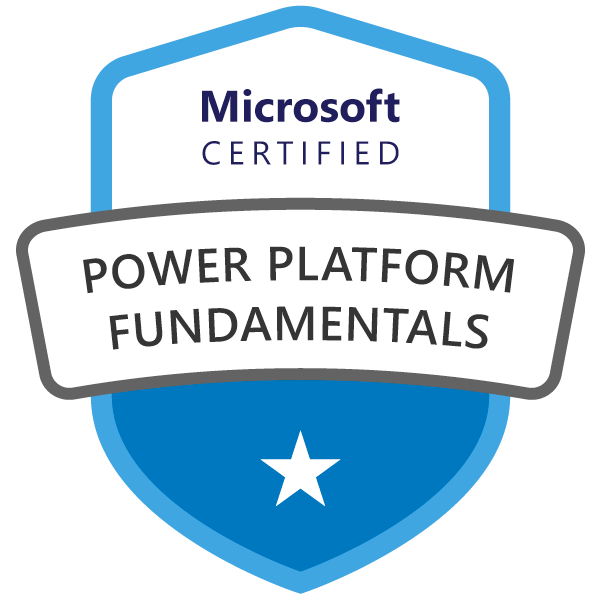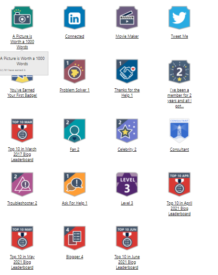Workflow and Dialog Process Stages and Life Cycle
The life cycle of a process describes the state transitions from creation through execution and Termination. A process can have following states: Draft, Ready, Suspended, Locked, and Completed. The events that occur throughout the lifetime of the process cause a transition from one state to another.
Workflows
The workflow life cycle and State Transition is as follows:
- When we create a workflow, it is in the Draft state. We must activate the workflow before it can run. When we activate a workflow, it subscribes to specific Microsoft Dynamics 365 CRM events like record create, field update etc. When these events are triggered in the platform, a snapshot of the workflow dependencies and input parameters are created and a new asynchronous operation is added to the asynchronous service queue manager. The asynchronous operation represents a workflow execution job and awaits execution in the queue in the Ready state.
- When the asynchronous operation is processed, a workflow instance, associated with this operation, is created by the Windows Workflow Foundation run-time engine and the state of it is changed from Ready to Locked.
- The asynchronous operation is updated with the workflow instance state status on each transition. When the asynchronous operation is blocked, the Windows Workflow Foundation run-time engine puts the workflow instance into the Suspended state and removes it from memory. When the Suspended state conditions are satisfied, the workflow instance is loaded back into memory.
- The workflow execution resumes by putting the workflow instance into a Ready state and then into a Locked state. In the simple scenario, the workflow instance moves to a Completed state when all workflow activities have completed successfully.
The state of asynchronous operations can also be changed by the user. For example, an asynchronous operation that is in a Suspended state can explicitly be restarted by the user.
Dialogs
A dialog life cycle is as follows:
- When you create a dialog, it is in the Draft state. You must activate the dialog before it can be run. A dialog can be run from its primary entity form and grid, or directly by using the URL of the dialog.
- Every time that you run a dialog, a process session instance is created for the dialog. As you progress with running the dialog, the process session entity is updated with the actions performed during the running of the dialog.
- If you completed running the dialog successfully, the corresponding process session record is created with a Complete status. If you canceled the dialog without completing it, the corresponding process session record is created with an Incomplete status.
Thanks for reading this article.
Don’t miss the chance to participate in the upcoming Internship Program which will be done using Microsoft Dot Net Web Development Full Stack Technology. The new batch will be starting from May 20, 2024. We will have most experienced trainers for you to successfully complete the internship with live project experience.
Why to choose Our Internship Program?
Industry-Relevant Projects
Tailored Assignments: We offer projects that align with your academic background and career aspirations.
Real-World Challenges: Tackle industry-specific problems and contribute to meaningful projects that make a difference.
Professional Mentorship
Guidance from Experts: Benefit from one-on-one mentorship from seasoned professionals in your field.
Career Development Workshops: Participate in workshops that focus on resume building, interview skills, and career planning.
Networking Opportunities
Connect with Industry Leaders: Build relationships with professionals and expand your professional network.
Peer Interaction: Collaborate with fellow interns and exchange ideas, fostering a supportive and collaborative environment.
Skill Enhancement
Hands-On Experience: Gain practical skills and learn new technologies through project-based learning.
Soft Skills Development: Enhance communication, teamwork, and problem-solving skills essential for career success.
Free Demo Class Available

